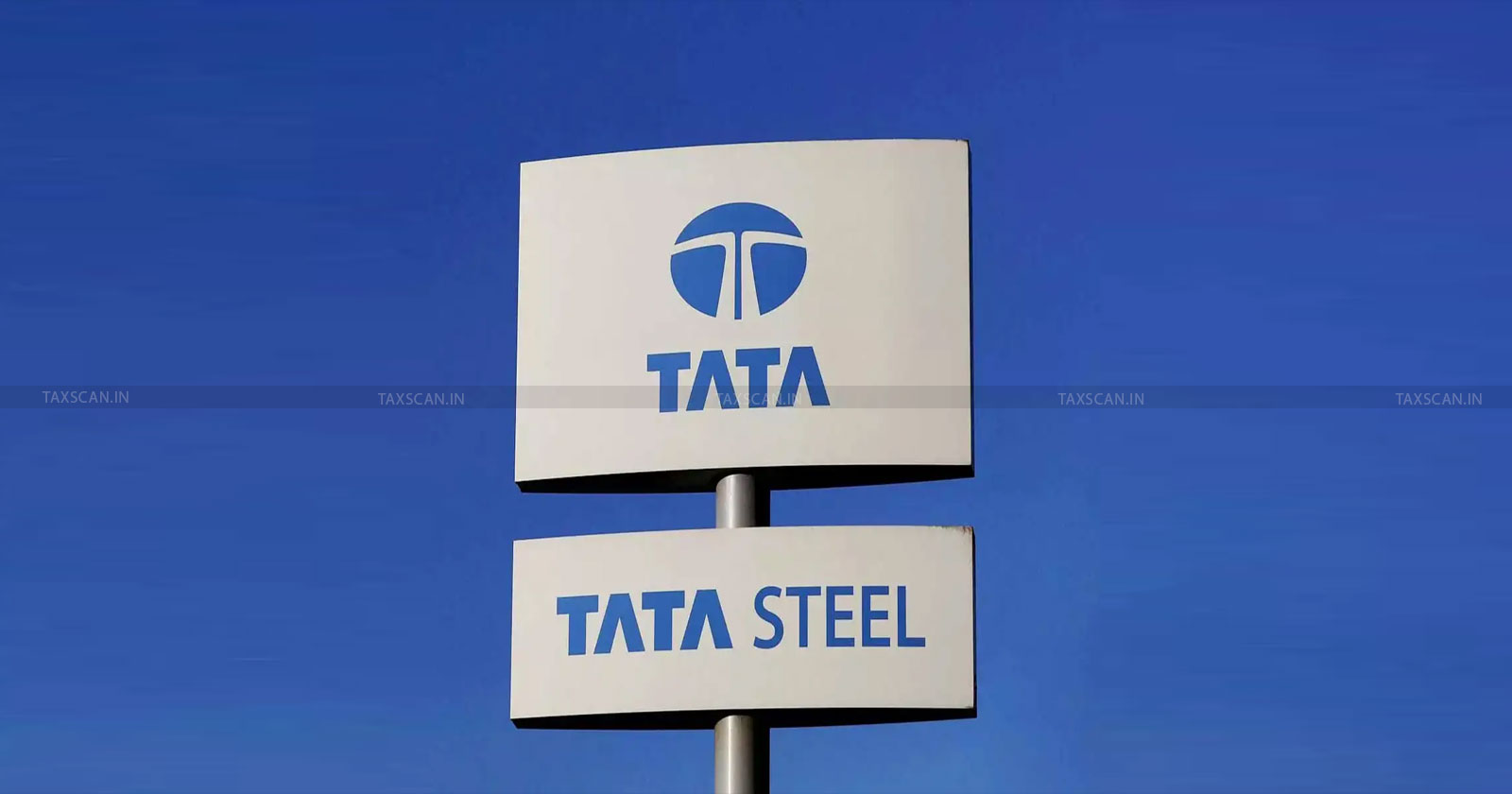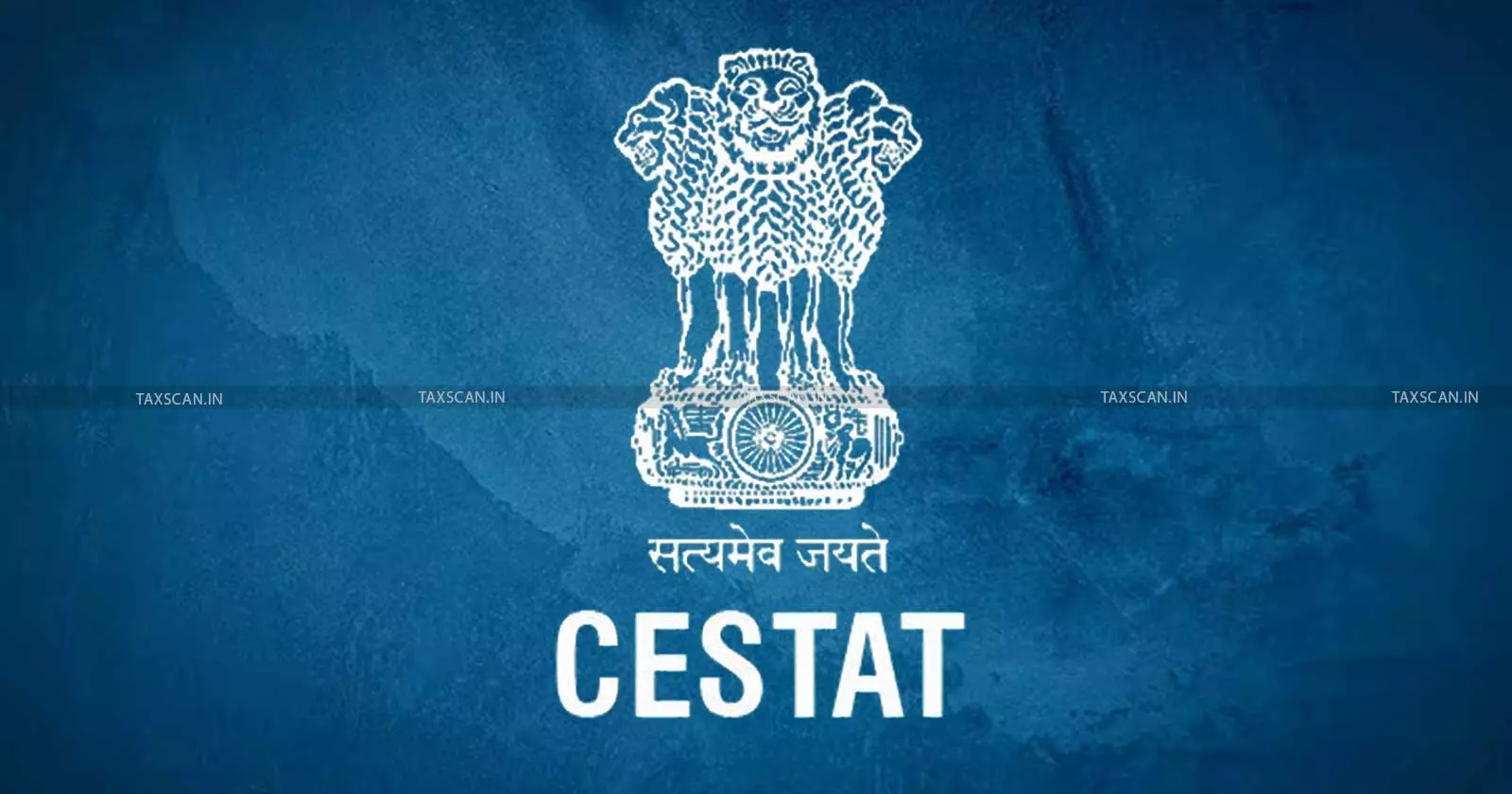Oppo Mobiles Entitled to Customs Duty Exemption on Imported Microphones & Receivers Used in PCBA: CESTAT [Read Order]
The Tribunal ruled that microphones and receivers used in PCBA manufacturing were eligible for duty exemption and accordingly set aside custom duty demand with interest and penalty
![Oppo Mobiles Entitled to Customs Duty Exemption on Imported Microphones & Receivers Used in PCBA: CESTAT [Read Order] Oppo Mobiles Entitled to Customs Duty Exemption on Imported Microphones & Receivers Used in PCBA: CESTAT [Read Order]](https://images.taxscan.in/h-upload/2025/11/17/2105973-oppo-mobiles-customs-duty-cestat-taxscan.webp)
The New Delhi Bench of Custom, Excise & Service Tax Appellate Tribunal (CESTAT) held that Oppo Mobiles India was entitled to Custom Duty exemptions on imported microphones and receivers used in manufacturing Printed Circuit Board Assembly (PCBA) of mobile phones for a period from 02.02.2018 to 06.07.2019.
The Appellant, Oppo Mobiles India Pvt. Ltd., engaged in the business of manufacture of cellular mobile phones and smartphones, had filed an appeal for an order dated 15.06.2020, passed by the Principal Commissioner of Customs, ACC (Imports), New Delhi, by which the exemption duty was rejected against the import of microphones and receivers.
The Appellant had claimed exemption of duty under a Notification No. 57/2017-Customs dated 30.06.2017 whereby, it was first amended by Notification No. 22/2018-Customs dated 02.02.2018 then amended again by Notification No. 24/2019-Customs dated 06.07.2019.
 Also Read:Electronic Data without Section 138C Certification Inadmissible: CESTAT Rejects DRI’s Electronic Evidence in Customs Case [Read Order]
Also Read:Electronic Data without Section 138C Certification Inadmissible: CESTAT Rejects DRI’s Electronic Evidence in Customs Case [Read Order]
A show cause notice (SCN) dated 27.12.2019 was issued to the appellant demanding customs duty of Rs. 2,50,54,790/- (including social welfare surcharge and IGST) for the period from 02.02.2018 to 06.07.2019 on the microphones and receivers imported by the appellant.
Know the complete aspects of tax implications of succession, Click here
The reasons for issuing SCN were that the Principal Commissioner of Customs had demanded duty, interest, and penalty, asserting that microphones and receivers were not parts of PCBA and were specifically dutiable under subsequent amendments and attracting the exemption Notification dated 02.02.2018. The appellant filed a comprehensive reply and denied the allegation made in the show cause notice.
The Principal Commissioner of Customs denied the benefit of exemption and ordered for recovery of the short-paid duty under section 28(1) of the Customs Act, 1962 with interest under section 28AA of the Customs Act, 1962 and also imposed penalty under section 112(b)(ii) of the Customs Act, 1962. Consequently, held goods liable to confiscation under section 111(m) of the Customs Act, 1962.
 Also Read:Calcutta HC dismisses Petitions Challenging CESTAT Order on CENVAT Credit Reversal in Tata Steel Insolvency Case [Read Order]
Also Read:Calcutta HC dismisses Petitions Challenging CESTAT Order on CENVAT Credit Reversal in Tata Steel Insolvency Case [Read Order]
On the other hand, Penalties were imposed under Section 112(b)(ii) of the Customs Act, 1962, illustrating that: Penalty for improper importation of goods, etc.
“Any person,- who acquires possession of or is in any way concerned in carrying, removing, depositing, harbouring, keeping, concealing, selling or purchasing, or in any other manner dealing with any goods which he knows or has reason to believe are liable to confiscation under section 111, shall be liable,- in the case of dutiable goods, other than prohibited goods, to a penalty [not exceeding the duty sought to be evaded on such goods or five thousand rupees,] [ Substituted by Act 14 of 2001, Section 107, for certain words (w.e.f. 11.5.2001).] whichever is the greater”
The Counsel for the Appellant, represented by H.K. Sharma and D.K. Nayyar, submitted that the appellant was entitled to avail the benefit of exemption from payment of duty under the Exemption Notification dated 30.06.2017, subjected to amendments from time to time, since microphones and receivers were parts used in the manufacture of PCBA, used in the manufacture of cellular mobile phones.
The Counsel further stated that amendment Notification dated 06.07.2019 did not apply retrospectively.
On the other hand, the Revenue Counsel, represented by Mihir Ranjan, supported the impugned order and submitted that in terms of the amendment Notifications dated 02.02.2018, 02.04.2018 and 06.07.2019 (which the appellant’s counsel contended Retrospective in nature), the appellant was not entitled to claim exemption of duty.
The Counsel further placed reliance upon the “Phased Manufacturing Policy” of the Ministry of Electronics and Information Technology as exemption to parts of mobile phones would put the domestic industry to considerable hardship. The Counsel also supported the decision of the Chennai Bench of the Tribunal in M/s. Flextronics Technologies Pvt. Ltd. vs. Commissioner of Customs, Chennai.
 Also Read:CESTAT Rules Re-determination of Value Based on Unsustainable Forensic Data Invalid [Read Order]
Also Read:CESTAT Rules Re-determination of Value Based on Unsustainable Forensic Data Invalid [Read Order]
The two-member Bench comprising Justice Dilip Gupta, President and P.V Subba Rao, Member (Technical) held that the amendments dated 02.02.2018 and 02.04.2018, did not alter the exemption for microphones and receivers used in PCBA manufacturing for cellular mobile phones.
The Tribunal further held that the amendment dated 06.07.2019 could not be applied retrospectively.
Thus, the Tribunal allowed Oppo Mobiles India Pvt. Ltd.'s appeal, setting aside the Principal Commissioner's order and the demand for differential customs duty, interest, and penalty. The Order was pronounced on 13.11.2025.
Support our journalism by subscribing to Taxscan premium. Follow us on Telegram for quick updates


